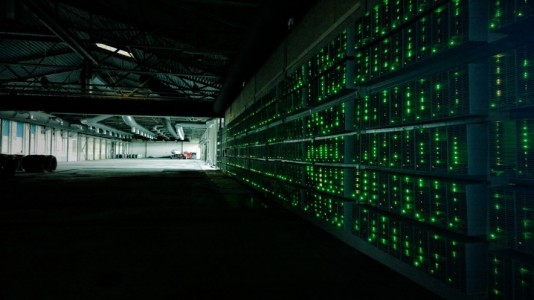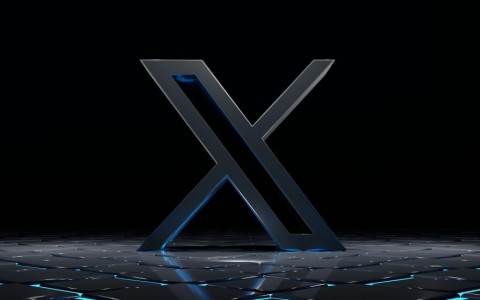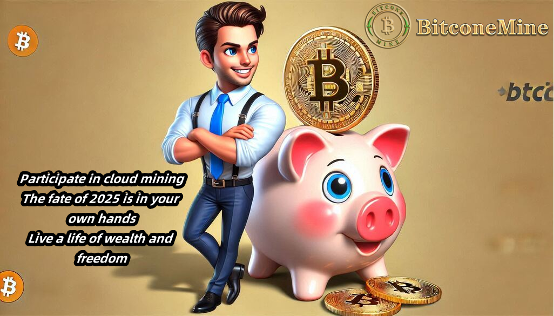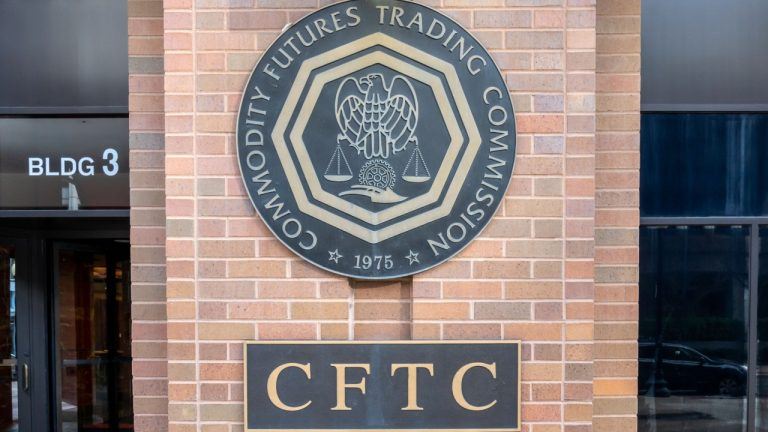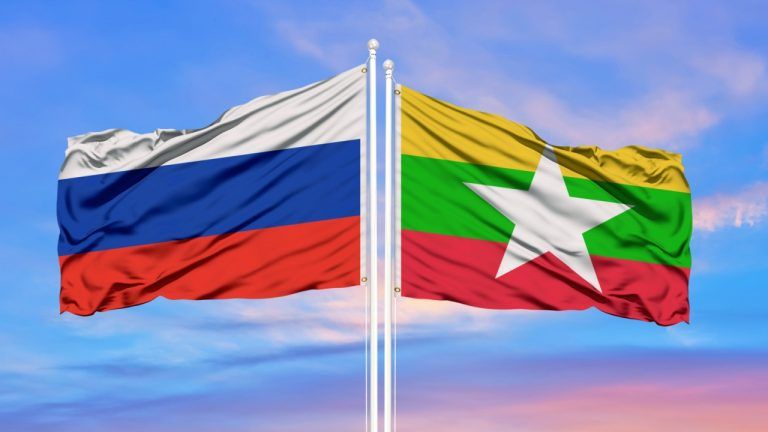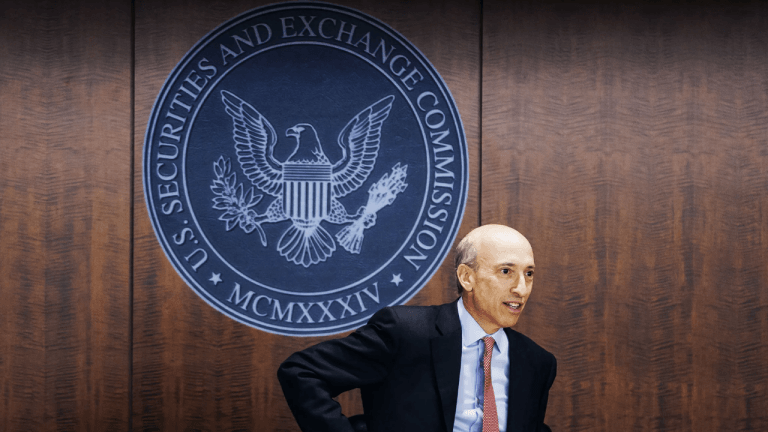Are NFT markets in a death spiral or ready for a resurgence?
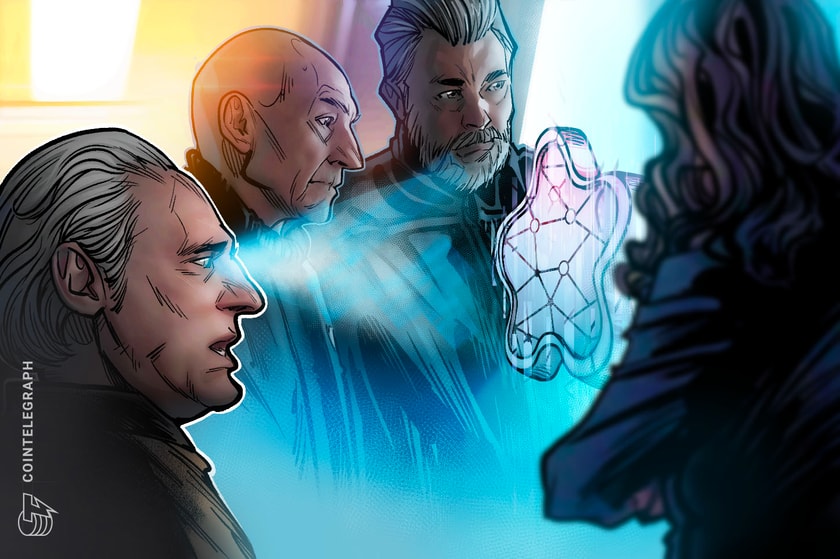
NFTs have taken a massive hit since the 2021 bull market, but some experts say they could make a comeback.
Nonfungible tokens (NFTs) saw a massive surge in popularity in 2021, accompanied by sky-high prices, but the market has since come crashing back to earth, and it’s unclear whether there will be a resurgence.
NFTs are unique digital tokens recorded on a blockchain to certify ownership and authenticity. They can’t be copied or substituted but can be transferred and sold by their owner.
According to analytics platform NFTGo, the NFT market cap valued in Ether (ETH) is down 40.59% over the past year at the time of writing, with trading volume down 40.81%.
The market cap in U.S. dollars is down 41.16%, and its volume has dropped 66.77%. At the same time, market sentiment is ranked 13 out of 100, with an overall rating of “cold.”

Arno Bauer, senior solution architect at BNB Chain, told Cointelegraph that from a utility perspective, NFT projects are increasingly adding value and that this growth in functionality is where the future of NFTs likely lies.
Bauer said the NFT market is showing “promising signs of innovation and creativity,” which holds great potential for the growth and evolution of the tech.
Related: Crypto lawyer about SEC: ‘Problematic to imply all NFTs are securities’
“Market sentiment, cultural shifts towards digital ownership, and the potential for NFTs to be integrated into various aspects of our lives also contribute to a positive outlook for the future of NFTs,” he said.
“While current market conditions might seem subdued, the ongoing innovation and potential for integration with both digital and physical worlds suggest that NFTs have not had their day and that their continued relevance and growth are highly probable,” Bauer added.
NFTs in the long term
As for long-term use cases, Bauer said NFTs will “likely evolve” over time and become increasingly linked to real-world assets, such as property ownership or unique physical goods.
Currently, NFTs have been most successful in the art world, with some selling for tens of millions of dollars.

Digital artist Pak sold an NFT project titled “The Merge” for $91.8 million on Nifty Gateway in 2021, while Mike Winkelmann, also known as Beeple, sold “Everydays: The First 5000 Days” for $69.3 million via Christie’s auction house the same year.
Blockchain games also use NFTs to represent in-game items such as weapons and armor, and there is speculation the tech will make the jump to mainstream games. Various types of music assets are also being sold as one-of-a-kind NFTs.
Bauer thinks that as more robust technology provides enhanced use cases and ownership security, NFTs will likely become more attractive to mainstream markets.
He speculated that NFTs could link to financial instruments, representing shares in companies or investment funds, and social achievements, where they could symbolize badges of accomplishment in various fields.

“Beyond art, the ability to tokenize unique assets and provide verifiable ownership will create numerous applications across various domains,” Bauer said.
“Collaborations with traditional industries, technological advancements, clear regulatory frameworks and educational efforts can significantly boost NFT utility and adoption.”
“Addressing sustainability concerns could make them more appealing to a broader audience,” he added.
NFTs have the potential to make a comeback
Jason Bailey, co-founder and CEO of NFT tool and self-custody solution ClubNFT, told Cointelegraph he thinks “NFTs will come back and go mainstream” because crypto and NFTs rebound cyclically, just like previous tech crashes.
According to data gathering platform Statista, the NFT market is projected to continue growing in revenue, users and market capitalization.
As of 2023, there are 13.95 million NFT users, but that’s expected to hit 19.31 million users by 2027.

However, Bailey believes NFTs currently have some issues, most of which were amplified by rampant market speculation, that need to be solved before NFTs can go mainstream.
He said NFTs and the ecosystem around them are so complex that almost everyone is still vulnerable to many risks they may not even know about.
“Many of us have been trying to educate and onboard people into the space thoughtfully so they can be safe, but the truth is that NFTs won’t go mainstream until the complexity is replaced with a safe-by-default easy path,” Bailey said.
“For example, the vast majority of people don’t realize that an NFT is almost always at risk in a sense, except for fully on-chain NFTs, which are a truly tiny fraction.”
“The steps needed to protect the art from disappearing, and prevent the NFT from breaking, are complicated, time-consuming and error-prone,” he added.
Related: AI-based tools bring security and transparency to the NFT market
Bailey believes that in the long term, NFTs or similar tech could prove invaluable in validating digital documents such as marriage certificates, diplomas and licenses.
Overall, he thinks NFTs solve too many of the current problems associated with digital ownership — including scarcity, authentication, provenance and provable ownership — to be ignored.
“We need to build infrastructure now, during the bear market, for smoother onboarding and to protect NFT adopters from malicious actors in the next NFT bull market,” he said.
“Once these issues are solved, NFTs will absolutely go mainstream because the train of digital ownership left the station decades ago, and there is no stopping it.”
Meaningful projects could be a game changer for NFTs
Speaking to Cointelegraph, Andy Ku, founder and CEO of digital content Web3 ecosystem Altava Group, said he thinks the previous highs in the NFT market were based on a hype cycle, so it’ll be hard for an individual NFT to reach such lofty heights again.
asked google bard to write me some tweets about NFT market right now…
mf really went for the throat on these… pic.twitter.com/aLjUbwH3gT
— beeple (@beeple) August 22, 2023
According to CoinGecko, many of the top NFT collections have seen significant drops in value over the past year.
At the time of writing, Bored Ape Yacht Club has fallen by 67.1%, CryptoPunks by 33.2%, Mutant Ape Yacht Club by 59.2% and Azuki by 49.3%.
Ku believes that if we can see more meaningful NFT projects on the market offering tangible benefits to more people, then it’s possible to have the combined volume bring the overall market value up.
Related: What’s next for NFTs and Web3 in the age of the creator economy?
“NFTs should offer value and utility beyond just a digital art or PFP. The two areas I particularly believe in are asset-backed NFTs and a membership NFT,” he said.
“NFT’s core value of being an immutable representation of something is a great fit for assets and membership.”
NFTs for subscription, membership-based models and loyalty programs are starting to gain traction, with examples in hospitality venues and gyms already on the market.
“In terms of asset-backed NFTs, master artworks, real estate and precious metals like gold are all good examples of assets in which people believe,” Ku said.
“NFTs would make a great proof-of-ownership for these assets as well as being extremely portable,” he added.


